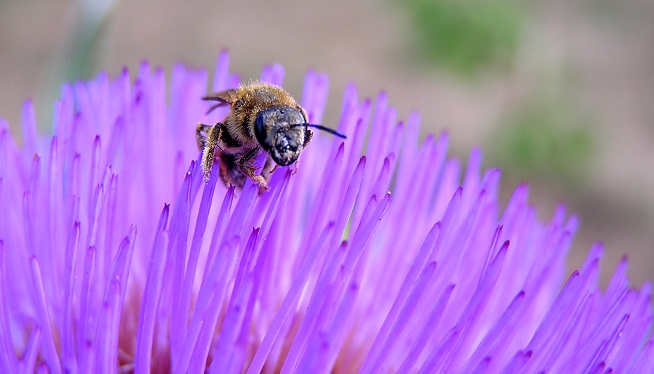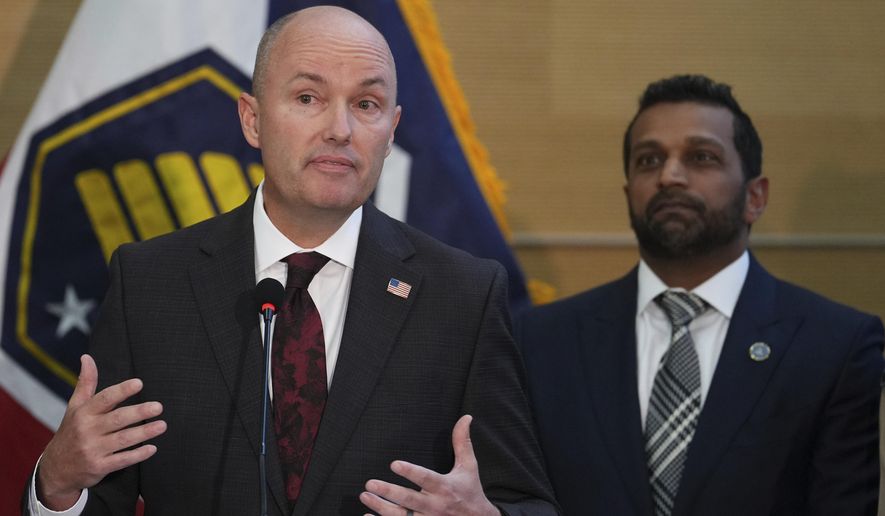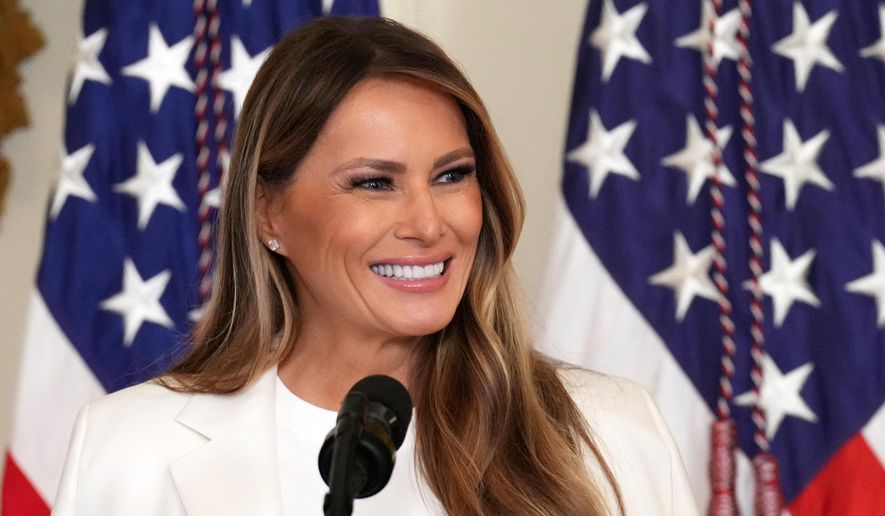Bridget Reed Morawski
WMAL.com
WASHINGTON (WMAL) — Maryland bee advocates are buzzing with delight following a legislative step forward that will combat declining bee populations.
The Maryland Senate voted 32-14 for the Pollinator Protection Act, which would block the sale of commercial pesticides containing the ingredient neonicotinoid to all but certified applicators, farmers, and veterinarians. The bill will now go to the state’s House of Delegates for a floor vote.
Neonicotinoids are a class of pesticidal chemicals that remain in plants for years, and can be found in the pollen, nectar, and fruit of any plants that were treated with it. It is coated on plants seeds, but also found in soil treatments and pesticide sprays.
In recent years, neonicotinoids have become more commonly found in commercial household garden use. According to Bonnie Raindrop of the Central Maryland Beekeeper’s Association, over 250 home garden products are formulated with neonicotinoids.
“It makes the home garden now a killing field for all of our pollinators, which including honey bees, wild bees, birds, [and] butterflies,” said Raindrop, who has been involved with the bill since it was drafted.
Raindrop added that there has been a sharp increase in hive collapses in the past several years. Maryland lost 61% of its hives in 2015, and 50% in 2014. The numbers leapt from the 20% hive loss in 2013.
The act didn’t pass the Senate without opposition. Maryland State Senator J.B. Jennings opposed the bill, though he was unavailable for comment on Thursday due to his schedule.
Raindrop says that this is “simply not so,” noting that there haven’t been enough studies to back up the legislation. She cites 1,120 peer reviewed studies on pollinator populations and neonicotinoids as proof of correlation.
“The studies found that [neonicotinoids] in fact harm bees,” said Raindrop. “The industry does fund a lot of resaerch, and it’s in the pesticide industry’s interest that they formulate studies that show the results they want to show.”
Originally, the bill included wording that would have also informed consumers if they were purchasing seeds and plants that had been pretreated with neonicotinoids.
However, the addition was dropped when a number of organizations, some of which represented nursery growers, pushed back against the addition, citing economic concerns.
Copyright 2016 by WMAL.com. All Rights Reserved. (Photo: Flickr user Régis Leroy)





















